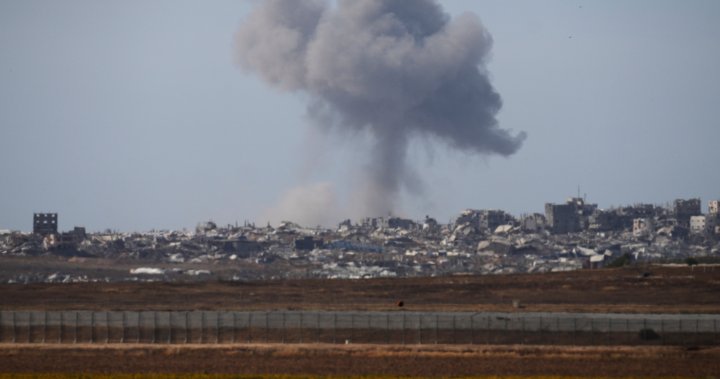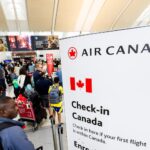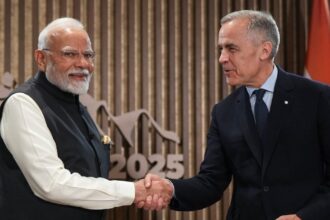In an unprecedented diplomatic move, Canada has joined forces with the United Kingdom and France to issue a stern warning to Israel regarding its military operations in Rafah, marking a significant shift in Canada’s traditionally steadfast support for its Middle Eastern ally.
The joint statement, released late Thursday, explicitly threatens potential “consequences” should Israel proceed with a full-scale military offensive in the densely populated southern Gaza city, where over 1.4 million Palestinians have sought refuge from ongoing hostilities.
“We are deeply troubled by indications that Israel is preparing for a major ground operation in Rafah despite repeated cautions from the international community,” said Canadian Foreign Affairs Minister Mélanie Joly in the trilateral declaration. “Such action risks catastrophic humanitarian outcomes that cannot be justified by military necessity.”
This warning represents Canada’s most direct challenge to Israeli military policy since the conflict escalated following Hamas’ October 7 attack. While Canada has previously expressed concerns about civilian casualties, this marks the first time it has threatened tangible diplomatic consequences.
Military analysts at the Royal United Services Institute note that a Rafah offensive would likely result in an unmanageable humanitarian crisis. “The civilian infrastructure simply cannot withstand another major military operation, especially in an area already overwhelmed with displaced persons,” explains Dr. Helena Westerberg, senior defense analyst.
Sources within Global Affairs Canada indicate that potential “consequences” could include restrictions on military exports and a reevaluation of intelligence sharing agreements, though specific measures remain undisclosed.
The statement specifically highlights Israel’s recent seizure of the Rafah border crossing with Egypt, a critical humanitarian corridor, as particularly troubling. “The restriction of humanitarian access constitutes a serious breach of international humanitarian law,” the joint statement emphasized.
Prime Minister Justin Trudeau defended the more assertive position during a press conference in Ottawa, stating, “Canada remains committed to Israel’s right to defend itself, but such defense must remain within the boundaries of international law and humanitarian principles.”
Israel’s embassy in Ottawa responded swiftly, expressing “profound disappointment” in what they termed “an uninformed assessment of complex security realities.” Ambassador Iddo Moed insisted that “Israel takes extraordinary measures to minimize civilian casualties while addressing legitimate security threats.”
Political analysts suggest this diplomatic maneuver reflects growing domestic pressure on the Trudeau government from voters concerned about the humanitarian situation in Gaza, particularly as casualty figures approach 35,000 according to Gaza health authorities.
The United States, while not joining the trilateral statement, issued separate but similarly worded concerns through Secretary of State Antony Blinken, suggesting coordinated diplomatic pressure from Western allies.
As tensions in the Middle East continue to escalate, this diplomatic warning raises important questions about the future of Canada-Israel relations. What remains unclear is whether this more assertive stance represents a temporary adjustment or a fundamental recalibration of Canada’s Middle East policy in response to evolving humanitarian concerns and international pressure.

























